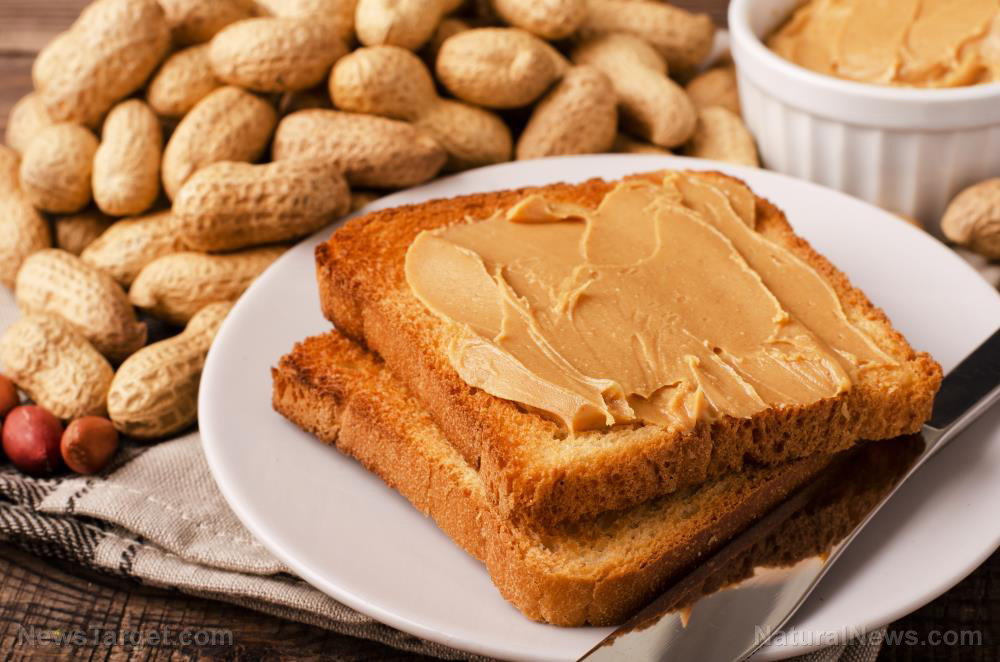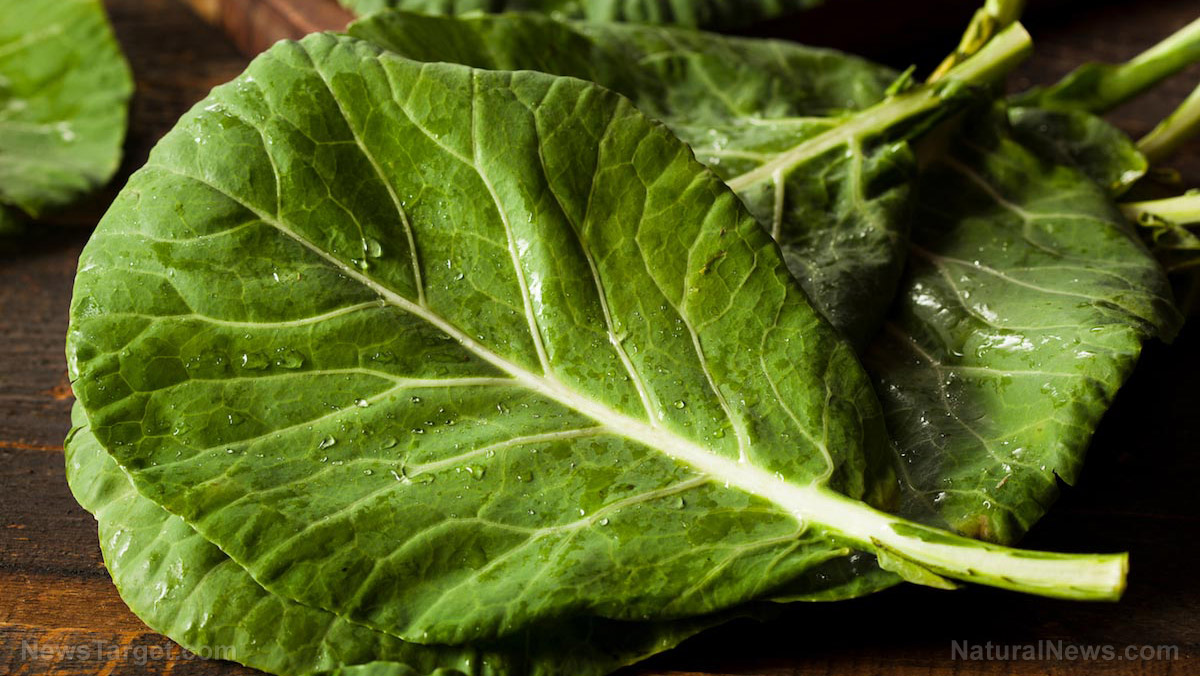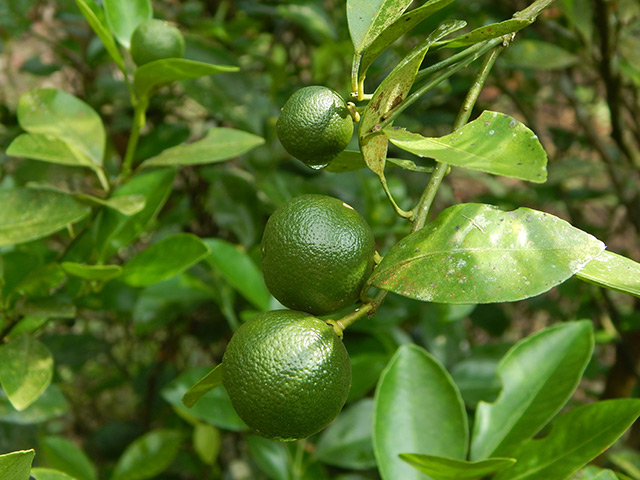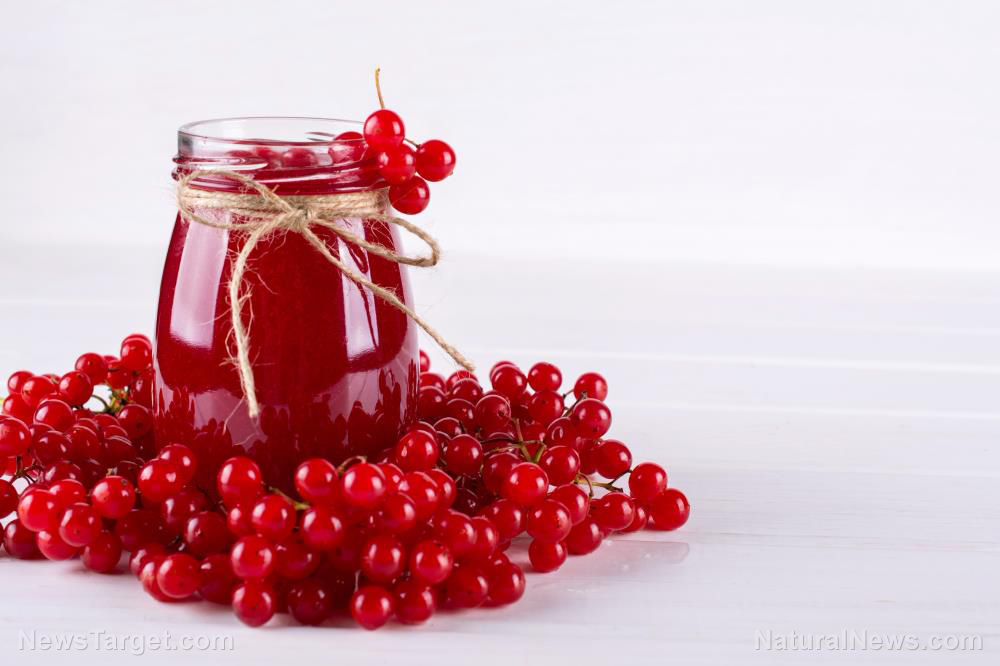Problems digesting fat? Here are 5 ways to get your gut moving
03/20/2019 / By Michelle Simmons

You may be experiencing digestive problems because your body may have a problem absorbing fat. A person suffering from fat malabsorption may exhibit symptoms such as excreting light-colored, foul-smelling stools; experiencing fatigue, bloating, weight gain or loss; feeling nauseated by fatty foods; and having dry skin – all of which can be serious. These symptoms may also be an indication of other nutrient deficiencies as some nutrients need fatty acids to be absorbed.
Fat malabsorption may occur due to several reasons.
- Liver congestion – in which the liver cannot synthesize good bile.
- Poor-quality bile – in which the gallbladder fails to release thick, sticky bile.
- Lack of pancreatic enzymes – these enzymes are needed to digest fat.
Help your body absorb fat efficiently by keeping your gut healthy
Here’s how you can help your body absorb more healthy fats.
- Eat more bitter foods: Your taste buds may not thank you for this, but your stomach will. When eating, the body secretes gastric juices composed of acids and enzymes to help break down and absorb macronutrients. Eating bitter foods stimulates the body to release more of these enzymes. Moreover, bitter foods have also been reported to improve blood flow through the digestive tract, which can also enhance digestion and nutrient absorption. Beet greens, chard, chicory, collards, and dandelion are some bitters you can try.
- Increase hydrochloric acid levels: Hydrochloric acid is needed to break down food in the stomach, as well as absorb nutrients. It is also important for the release of bile, which helps break down fats. This type of acid can also help fight off bad bacteria. To help your body produce more hydrochloric acid, add one tablespoon of apple cider vinegar to a glass of water and drink it before meals. Foods such as lemon juice, black olives, celery, kale, barley, and spinach can also increase your hydrochloric acid levels. (Related: Improving stomach acid production enhances digestion and overall health.)
- Increase your digestive enzymes: Digestive enzymes, such as proteases, lipases, and amylases, are needed for proper digestion. If your body does not produce sufficient digestive enzymes, food molecules cannot be broken down properly, which can result in problems like lactose intolerance. You can increase your digestive enzymes by taking one or two natural digestive enzyme supplements before each meal. You may also eat foods that are rich in natural digestive enzymes, which include avocados, bananas, ginger, honey, kiwifruit, mango, miso, papaya, pineapple, and fermented foods like kefir, kimchi, and sauerkraut.
- Add some medium-chain fatty acids (MCTs) to your diet: Compared to other types of fat, MCTs are easier for the body to absorb. This is because they are transported directly into the bloodstream and used by the liver for energy. In addition, they do not need enzymes to be broken down. Try using coconut oil, one of the richest sources of MCTs, instead of your regular cooking oil. Avoid highly processed, non-traditional fats like canola oil, soybean oil, safflower oil, cottonseed oil, peanut oil, and grapeseed oil, as they can worsen liver congestion.
- Eat fermented foods: As mentioned earlier, fermented foods contain natural digestive enzymes that can aid in proper digestion. These foods also contain beneficial bacteria or probiotics that are essential for digestion. The best way to improve your gut’s microbiome diversity is to eat fermented foods regularly or taking probiotic supplements of at least one billion active cultures.
Read more tips on how to improve your digestion naturally by going to FoodIsMedicine.com.
Sources include:
Tagged Under: alternative medicine, dietary fat, digestion, digestive system, food cures, food is medicine, healthy fats, malabsorption, metabolism, natural cures, natural healing, natural medicine, remedies



















